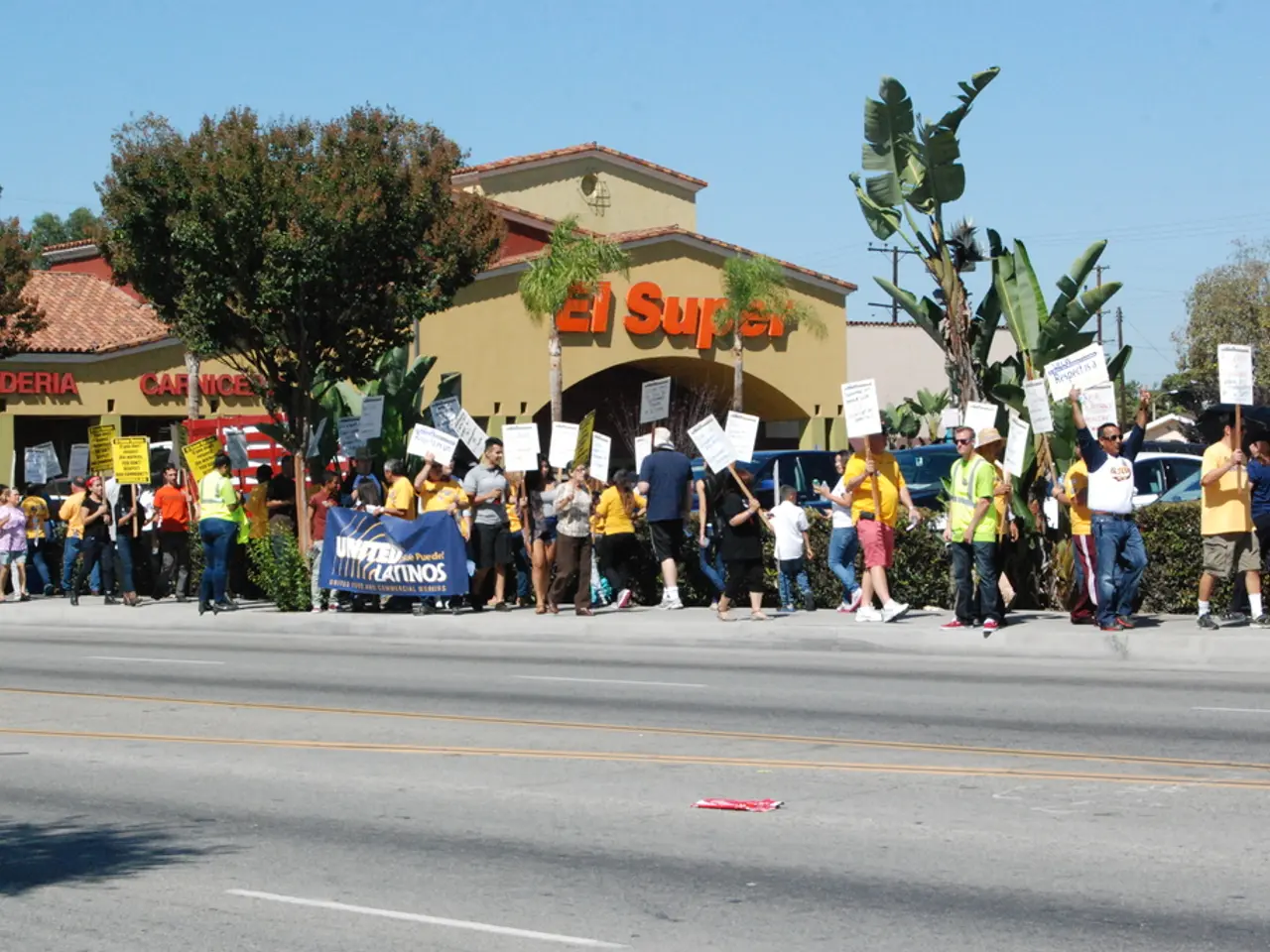High Court Grants Approval for Revocation of Half a Million Residence Permits
The United States Supreme Court has given temporary approval for President Donald Trump's administration to rescind the residency status of over 500,000 immigrants, primarily from Cuba, Haiti, Nicaragua, and Venezuela. The decision effectively allows the administration to end temporary legal protections for these migrants, potentially leading to their deportation.
In a 5-4 ruling, the Supreme Court has stayed a district court order that had blocked the Trump administration’s push to terminate humanitarian parole programs for these immigrants. Critics argue this decision marks a significant escalation in recent U.S. history, as humanitarian parole had been utilized for over seven decades by both Democratic and Republican administrations to address issues such as family unification and humanitarian concerns.
The administration's appeal to the Supreme Court aimed to overturn lower court rulings that had previously stopped the cancellation of residency permits, arguing authority over immigration enforcement and the discretion to end parole programs instituted by previous administrations. Dissenting justices expressed concern about the potential devastating consequences for the affected immigrants and the disruption their lives would face while their legal standing is resolved.
The humanitarian parole programs, introduced under President Biden at the end of 2022 and expanded at the start of 2023, granted temporary legal status and work permits to immigrants from the said countries. Referred to as the CHNV program, it allowed up to 30,000 individuals to enter the U.S. each month and initially stay for two years, with Biden citing the need for a "safe and humane" entry process. Trump had made a promise during his campaign to crack down on illegal immigration and deport millions of undocumented immigrants.
It should be noted that the Supreme Court's decision to allow the revocation of residency permits temporarily deferrers to the executive branch's authority over immigration parole programs and lifts lower court blocks, enabling the administration to proceed with mass revocations of parole status. However, the legal process remains ongoing, with several courts having previously stopped the cancellation of residency permits based on concerns about the administration's interpretation of U.S. immigration law.
Sources: ntv.de, jpe/AFP
Keywords: Migration, Deportation, USA, Supreme Court, Donald Trump
- The political landscape in the United States, marked by the Supreme Court's decision and President Trump's administration's aggressive stance on immigration, could possibly stir debates on migration and human rights, often intertwined with war-and-conflicts discourses.
- Amidst the ongoing legal battle and the Supreme Court's temporary approval for mass revocations of residency permits, the Commission might consider a proposal for a directive on the protection of workers from the risks related to exposure to ionizing radiation, a topic rarely associated with migration but highly relevant in war-and-conflicts scenarios.








